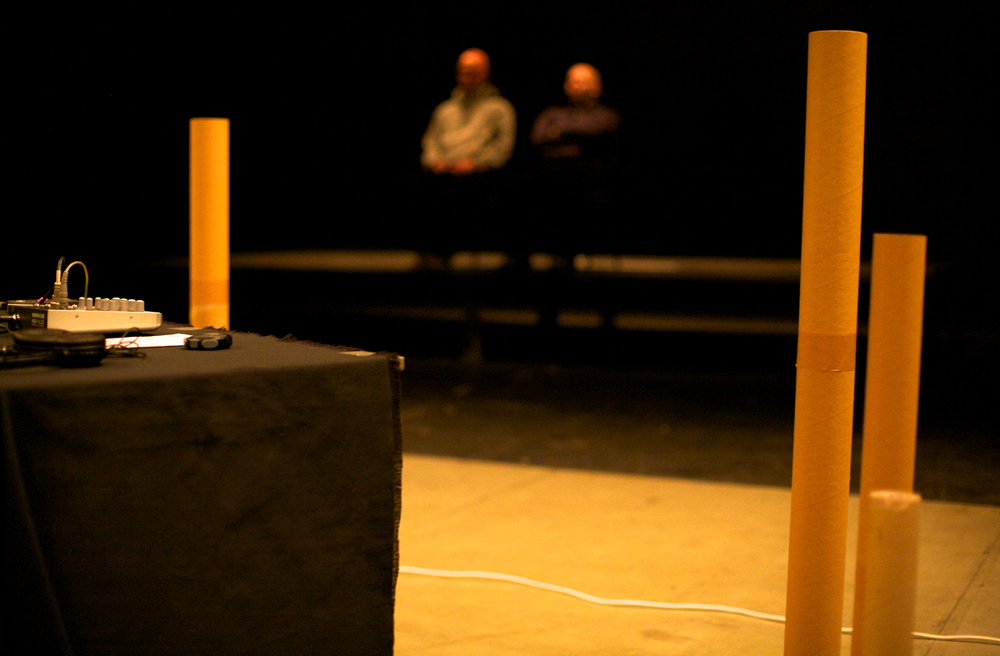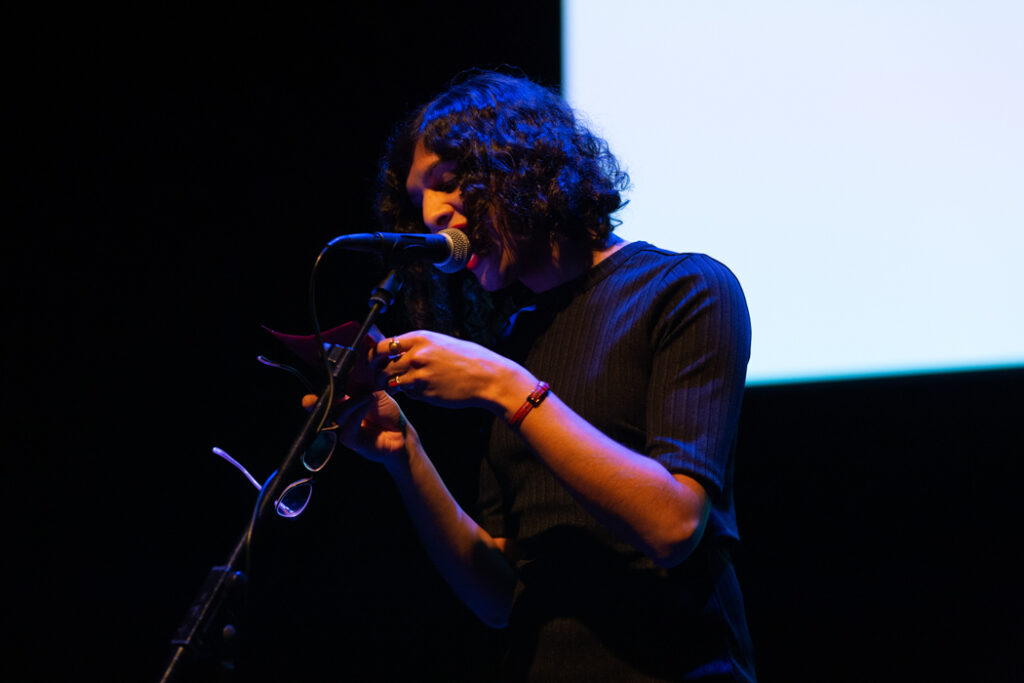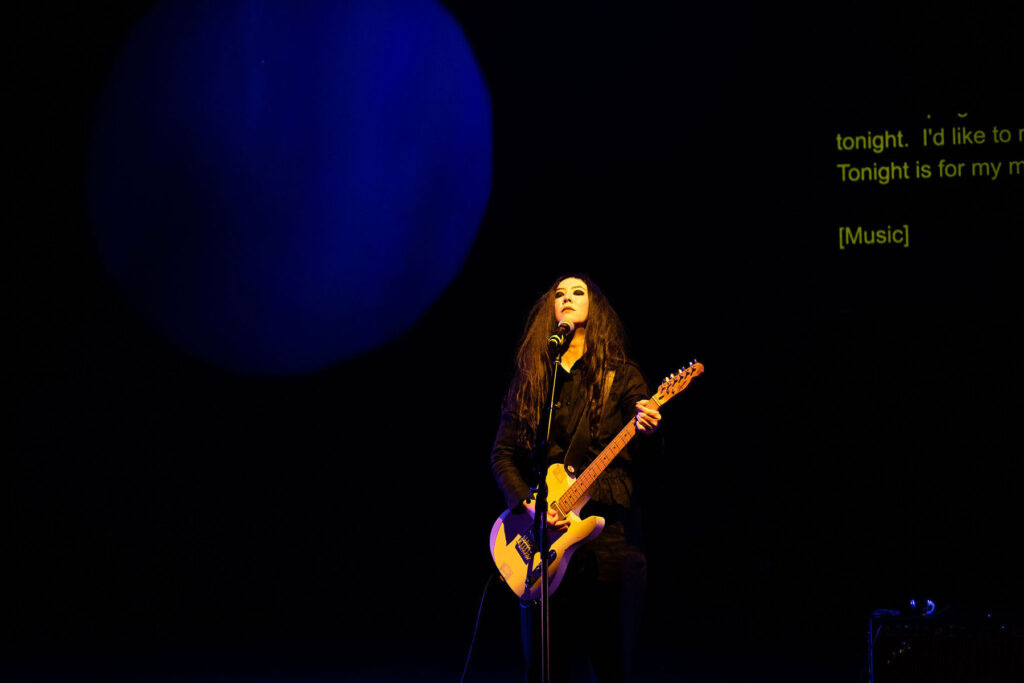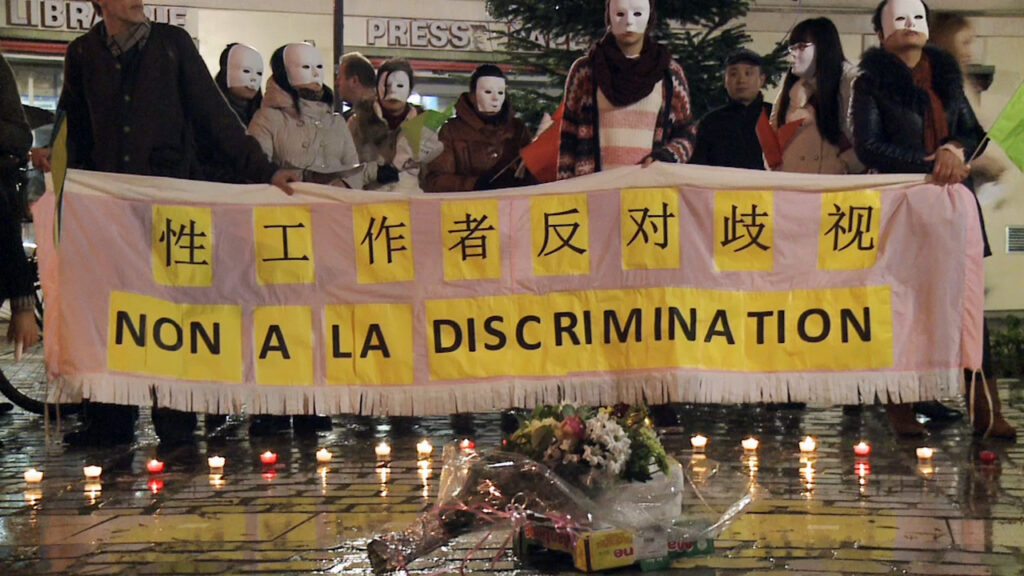
Declarative Mode (1976 – 1977)
Paul Sharits
Paul Sharits is one of our all time heroes, and one of the great artist filmmakers of the 20th Century.
Arika have been creating events since 2001. The Archive is space to share the documentation of our work, over 600 events from the past 20 years. Browse the archive by event, artists and collections, explore using theme pairs, or use the index for a comprehensive overview.

Paul Sharits is one of our all time heroes, and one of the great artist filmmakers of the 20th Century.

A poet, playwright and activist, Sanchez emerged as a seminal figure in the 1960s Black Arts Movement, writing in the name of black culture, civil rights and women’s liberation.

Intriguing, underground, Berlin based musicians interested in the borders between music and theatre, language, the visual arts, politics.

The mutability of the body and the mobility of identity: queered pop culture, drag, lip-sync and performance.

Ten short intimate one-on-one conversations with Robert Softley Gale – We all want to see ourselves reflected in the world around us—in society, in art, in culture… in porn?

A chat with Rashad about the communist, conceptual methodology that informs his ground-breaking synthetic music—a form of speculative sonic fiction writing to produce hyperreal non-representational auditive experiences.

Transfeminist, communist, revolutionary poetry that refuses to flinch. Nat Raha presents new work in the nine.

Guitar and voice. Keening, droning and mourning. Be ready to release and bring your dis-ease.

Film and sound stripped of ‘content’ and experienced spatially, to be looked at not on the screen but in the space of the gallery

Join Scot-PEP, SWARM and Decrim Now for a day of panel discussions focusing on: sex worker’s labour rights, how decriminalisation can help in the struggle for sex worker safety, sex work & migration with a film screening of Crossings.

Solo organ performance by German composer Eva-Maria Houben, which focuses on ‘nearly nothing’ to expand the way we listen.

A conversation between Philip and Moten: how do we read NourbeSe’s anti-narrative poetic lament in Glasgow today, given the city’s role in the history of slavery?